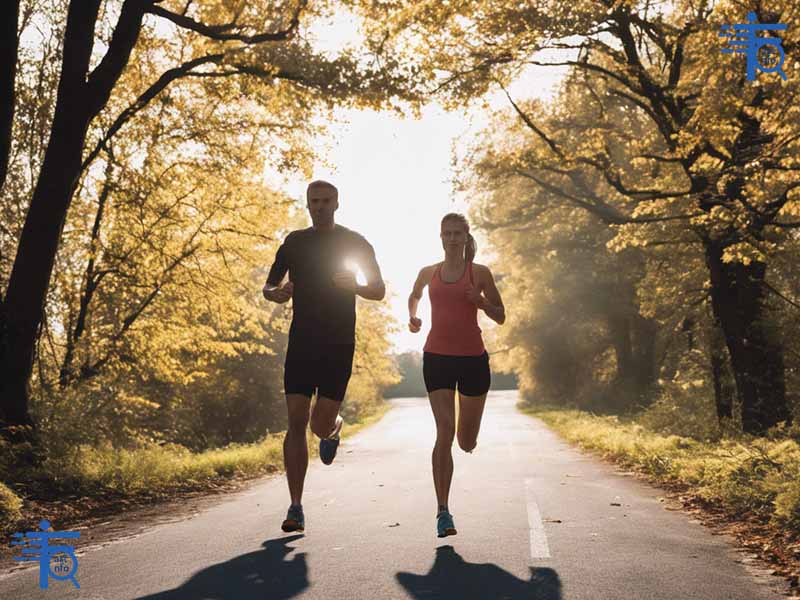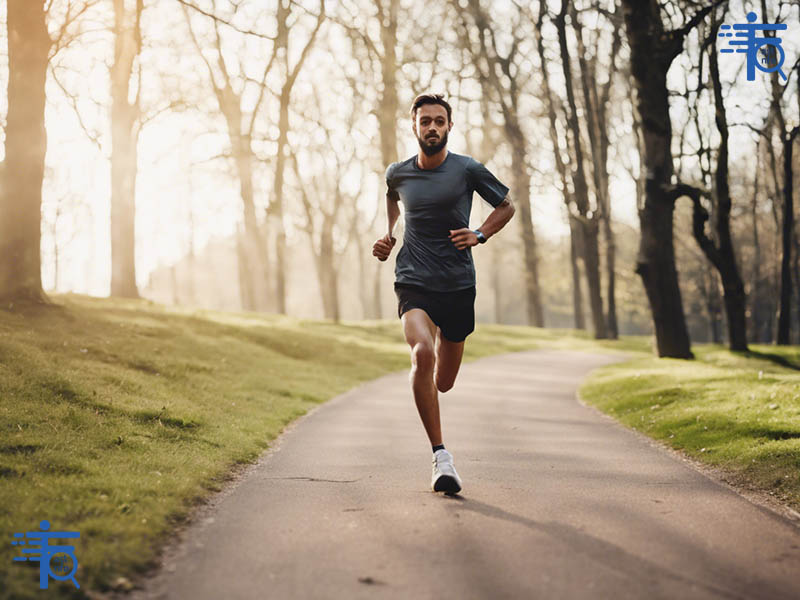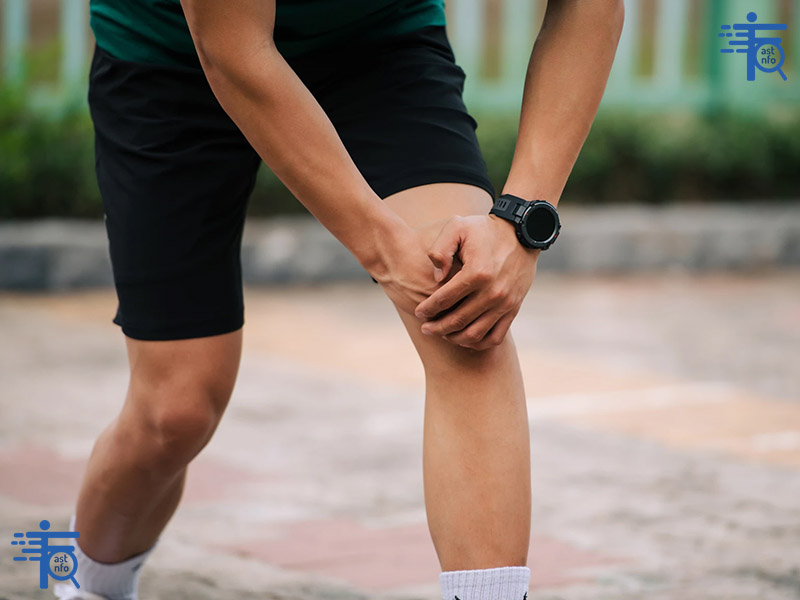There are many people who suffer from knee pain after running and are very upset about this and are looking for the cause of this problem.
Because the occurrence of this condition leads to fear of movement and stopping physical activity. When you run and you experience pain, this can be a very important symptom, and delay in seeing an orthopedic specialist can lead to dangerous and irreparable complications and severe damage to your knee and your disability. In this article, we will comprehensively review knee pain. We will pay after running.
What causes knee pain after running?
Running has grown in popularity in recent years, but this has led to an increase in knee pain.
If you experience knee pain during or after running, this condition can be due to many reasons.
There are many causes of knee pain, but 4 of them are usually caused by running and are the main causes of knee pain after running: runners knee syndrome, jumper’s knee (patellar inflammation), iliotibial band syndrome and cartilage damage.

Runner’s knee syndrome (patellofemoral pain syndrome)
This is an overuse injury that is thought to be caused by excessive pressure on the joint between your knee bone and thigh bone. See an orthopedic doctor.
Jumper’s knee (patellar inflammation)
Inflammation of the knee patella or jumper’s knee is caused by excessive use of the knee and often by incorrect jumping. Overuse of the knee can wear out a tendon in the joint, reducing the ability to bear weight when walking or running, and lead to knee pain after running.
Iliotibial band syndrome
This is the most common cause of pain around the knee in runners and knee pain after running. This is an overuse injury that occurs when the ligaments that stabilize the knee rub against the femur and tighten.
Cartilage damage
Knee cartilage damage is caused by a sudden injury such as a sports injury or gradual wear and tear (arthrosis).

Knee pain while running
If you have knee pain while running, you should ask yourself the following questions to determine the cause of the knee pain:
Do you have dull or sharp pain in the front, around your knee, or behind your kneecap?
The cause of this knee pain can be runner’s knee, in this case you should see an orthopedic doctor for treatment.
Meniscus and ligament damage
Does your knee pain come on gradually rather than suddenly? Does the pain decrease after warming up?
These are all signs of jumping knee that are associated with excessive training, poor technique, and running on hard surfaces. In this case, you should also contact an orthopedic specialist to relieve knee pain.
Do you have pain around the outside of your knee that happens at the same intervals every time? Does your knee pain get worse if you keep going, especially if you’re going downhill?
This may be due to iliotibial band syndrome, which is associated with muscle weakness, tightness in the band, and different leg lengths.
Does knee pain go away when you stop running?
If the knee pain stops after running, this is a sign of iliotibial band syndrome, which you should see an orthopedic specialist for treatment. Of course, the precise diagnosis of the cause of knee pain after running or stopping the pain is done by an orthopedic doctor.
Do you have pain in and around your knee that gets worse when you run?
If you have pain in and around the knee that worsens when you run, this could be cartilage damage caused by arthritis, which is more likely to occur with age and overweight. Also, this condition occurs more often in women.
Should we stop running?
If you feel pain it is important to listen to your body and stop running and only start running again when it has healed.
To prevent knee pain or injury in the future, there are various knee exercises for runners that you can do to strengthen the muscles around the knee.
You can also learn how to run properly to reduce your chances of injury in the future.

When should we see an orthopedic doctor?
If you still feel knee pain after running after a week of rest, you should see an orthopedic doctor who may recommend physical therapy and specific medications.
Also, if the following symptoms appear, you should see an orthopedic doctor for timely treatment of knee pain after running:
- Rapid onset of pain
- Severe knee problem in bearing weight
- high temperature (fever)
- Decreased knee range of motion
- Persistent bone pain
- Pain at night or while resting
- Unexplained weight loss
- An inexplicable mass
- Previous history of cancer
fastinfosearch site provides the best information
Suggested content:




